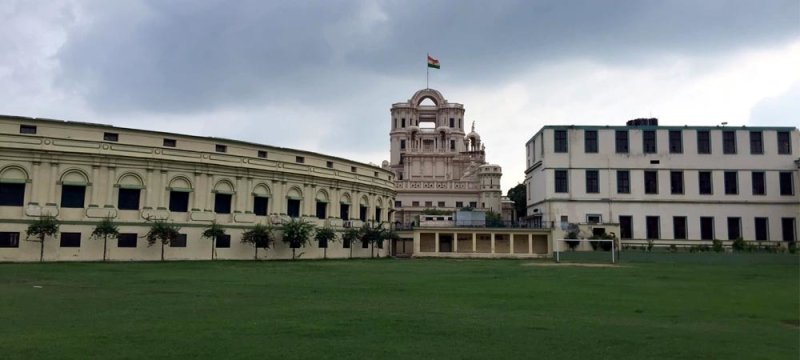TRENDING TAGS :
UK's Student Visa Shifts Spark Concerns Among Indian Students
The UK's recent immigration policy changes, including restrictions on family accompaniment and post-study work options, stir anxiety among Indian students.
Important Update for IISc Bangalore Exam Candidates from Haldwani
Immigration is too high. Today we’re taking radical action to bring it down," tweeted UK Prime Minister Rishi Sunak on December 4, signaling a significant shift in the country's stance. The recent announcement has left Indian students in the UK and those aspiring to study there in the coming years uneasy. The unexpected move comes as both Canada and Australia tighten their immigration policies, posing unexpected challenges for students, particularly concerning family accompaniment and post-study work options.
The Migration Advisory Committee's 2018 report highlighted over 750,000 students heading to the UK annually for various educational pursuits. However, since then, the number of student visas issued has surged, reaching 623,700 in 2022, a notable increase from 404,400 in 2019.
Indian students, a significant demographic, have seen a remarkable uptick, with 1,42,848 student visas granted in June 2023 alone, marking a 54% increase from the previous year. The UK government's decision to ban overseas students from bringing their families and restrict post-study work routes until studies are complete has sparked concerns among Indian students, who make up one-third of the total sponsored study grants.
The ban on family accompaniment and the limitation on switching to work routes are part of the UK's strategy to control immigration. Prime Minister Sunak announced these changes, effective from January 2024, leaving Indian students questioning the future feasibility and attractiveness of UK education.
The British Indian population, exceeding 1.8 million, has become the largest visible ethnic minority in the UK. However, Indian students, despite their significant presence, are apprehensive about the implications of these new rules. The ban on family accompaniment and the delay in post-study work opportunities are particularly concerning for those eyeing one-year Master's programs.
Lord Karan Bilimoria, Chancellor of the University of Birmingham, expresses worries about losing high-quality master's students due to these rule adjustments. The impact is not only academic; it extends to emotional and financial dimensions, potentially affecting the mental health of students.
While the Boris Johnson government had previously reinstated a two-year post-study work visa, a recent review of this policy has been ordered. The review follows concerns about the surprisingly low earnings of some graduates who stayed in the UK after completing their studies. The objective is to ensure that the graduate route is not open to potential abuse or misuse.
Despite these challenges, experts believe that the number of Indian students heading to the UK for higher education is unlikely to decline significantly. The reputation of UK universities for academic excellence, diverse course offerings, and globally recognized qualifications continues to make the UK an attractive destination for students.
As the UK government navigates its immigration policies, there is a call to distinguish between the abuse of the system and the consequences of legal uses. Lord Bilimoria suggests removing international students from net migration figures to avoid unnecessary inflation of statistics and create a more welcoming environment.
While concerns about changes in graduate visas and immigration laws persist, the UK's standing as a preferred destination for international students remains strong. The evolving landscape calls for a balanced approach that acknowledges the contributions of international students to the UK's culture, economy, and educational institutions.



